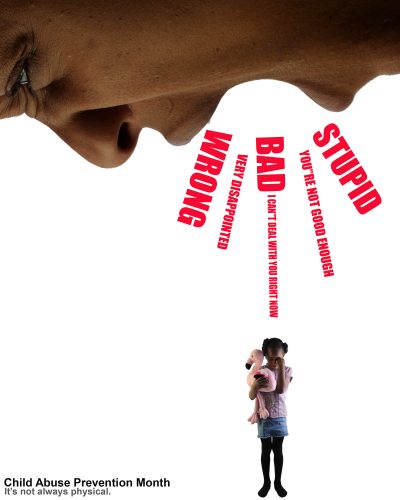When one parent exerts effort in alienating the other, it can be due to a lot of different reasons that are usually concerning both parties. So how does one know if he or she is gradually being alienated out of his or her children’s lives?

The Messy Truth
Parental alienation occurs when a parent mentally manipulates his or her child into expressing hostility or fearing the other parent. Unfortunately, parental alienation is a common issue brought up in chaotic divorces. Worse, it can have an indelible, negative impact not only on the couple but also primarily on the kids. According to Timothy J. Legg, PhD, PsyD, “the parent doing the bad-mouthing is called the alienator and the parent who is the subject of the criticism is the alienated.”
Any suspicion of parental alienation being perpetuated by your spouse must be dealt with. Before doing so, you first have to know what parental alienation looks like and how it is done.
Signs Of Active Parent Alienators
Psychiatry identifies the usual signs that the alienator is at work when:

- The Child Displays Alliance With The Alienator
Children are allowed to be upset and angry towards their parents who are undergoing divorce. However, if the feelings become disproportionately addressed at you and are more in favor of your spouse, and if you notice that your children have been standoffish against you ever since you and your partner have separated, chances are, your ex-better half might be exacerbating circumstances in their favor. Children who side with the alienator usually exhibit this by refusing visitations, displaying overly defensive behavior regarding the other parent, or entirely blaming you for the separation. “Alienated children parrot the alienating parent’s excessively negative views of the targeted parent, expressing these as their own much as cult followers parrot the beliefs of a cult leader,” Susan Heitler Ph.D. says.
- Your Child’s Belongings Are Heavily Controlled
Even if your spouse paid for your child’s belongings, he or she does not have any right to impose your child not to bring the items when he or she visits you. A good example would be a toy that was gifted by your spouse to your child last Christmas that he or she is not allowed to bring whenever the child goes to your house. The child now becomes conflicted whether or not it is still a good idea to see you without bringing the toy, especially if that item is his or her favorite. This kind of behavior done by your ex-partner is unnecessary and unfair because it creates a rift leading to parental alienation.
- The Alienator Divulges Too Much To The Child
Children, especially those under 18 years old, are especially sensitive and are still incapable of fully understanding the gravity and scope of the situation or the reason behind the divorce. Their minds are incredibly susceptible; therefore, it is inappropriate to divulge and discuss specific details about the separation with the child. If you notice that your child is all-knowing of particularly sensitive subjects about the divorce, such as abuse, infidelity, or finances, you have to address this issue immediately.
- The Alienator is Non-compliant
One of the most evident warning signs that your spouse is becoming an alienator is when children’s choices regarding visitation are disregarded. Non-compliance with court-mandated visitation rights is a usual scenario in divorce cases especially with minors who are not legally authorized to negotiate with the schedule. Remember, parents, are obliged to follow and ensure that visitation requirements are met. “Dealing with parental alienation is not easy. It can be exceedingly painful when your children resist your attempts to connect or view you as the “bad” parent, which is often the case,” Sharie Stines, PsyD shares.

Other signs of parent alienators are the failure to adequately communicate essential details about the child, undermining the other parent’s spousal authority, and using the child to spy on the other parent or gather personal information. Alienators will do what it takes to brainwash your child into thinking that you are the “bad guy,” which is why you have to be adamant in identifying parental alienation before your relationship with your child crumbles.
